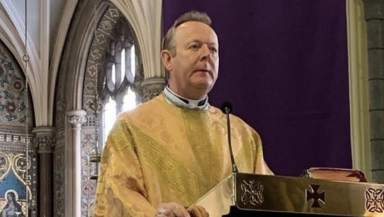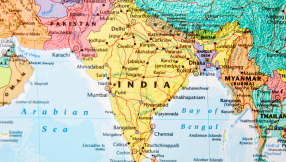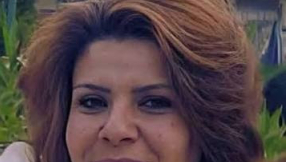
The leader of the Catholic Church in Ireland has apologised "unreservedly" after a report into the appalling mistreatment of unmarried mothers and their children in its care.
The 2,865-page report was published on Tuesday following a five-year investigation into mother-and-baby homes run by the state and by the Church.
The report examined 18 institutions, all established in the 18th and 19th centuries, and described a "harsh", "cold" and "uncaring atmosphere".
It also uncovered an "appalling level of infant mortality", with 9,000 child deaths occurring at the institutions.
Commenting on the findings, Catholic Primate of All Ireland, Archbishop Eamon Martin said: "As a Church leader today, I accept that the Church was clearly part of that culture in which people were frequently stigmatized, judged and rejected.
"For that, and for the long-lasting hurt and emotional distress that has resulted, I unreservedly apologise to the survivors and to all those who are personally impacted by the realities it uncovers."
He continued: "The Commission's Report helps to further open to the light what was for many years a hidden part of our shared history and it exposes the culture of isolation, secrecy and social ostracizing which faced 'unmarried mothers' and their children in this country.
"I ask all those who are in positions of leadership in the Church to study this lengthy report carefully and especially to spend time reflecting on the courageous testimonies of the witnesses to the Commission.
"Together we must ask 'How could this happen?' We must identify, accept and respond to the broader issues which the Report raises about our past, present and future.
He said it was the duty of the Church to support those who had come forward with personal testimonies.
"This report will hopefully speak not just to our past but will also have lessons for today and for future generations," he said.
"As Church, State and wider society we must ensure together that, in the Ireland of today, all children and their mothers feel wanted, welcomed and loved.
"We must also continue to ask ourselves where people today might feel similarly rejected, abandoned, forgotten or pushed to the margins."
The taoiseach, Micheál Martin, was to give a formal state apology in the Dáil on Wednesday. Speaking at a news conference on Tuesday, he told reporters that the report revealed a lack of "basic kindness".
"The regime described in the report wasn't imposed on us by any foreign power," he said.
"We did this to ourselves as a society. We treated women exceptionally badly, we treated children exceptionally badly."
He added: "As a society we embraced judgmental, moral certainty, a perverse religious morality and control which was so damaging. What was so very striking was the absence of basic kindness."













